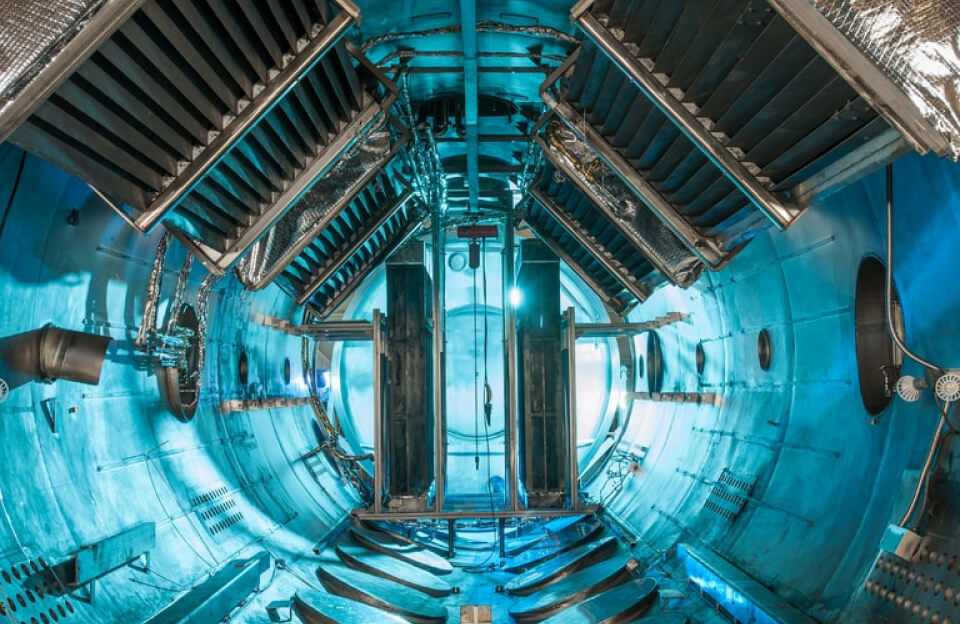
The Ambitious Plans of Meta and Mark Zuckerberg
Mark Zuckerberg has consistently positioned Meta as a front-runner in the race towards superintelligence, a core component of the company’s strategic vision for the future. This ambition stems from the growing recognition that artificial intelligence can fundamentally transform not only how businesses operate but also how individuals interact with technology. By investing heavily in AI capabilities, Meta aims to create a more intuitive, responsive platform that can cater to the diverse needs of its users, thereby enhancing overall engagement.
The urgency behind Meta’s AI strategy cannot be overstated. In an environment where competitors like OpenAI and Google are making significant strides in artificial intelligence, the pressure is on for Meta to keep pace. The competitive landscape is increasingly defined by advanced algorithms capable of learning and adapting in real-time, thus providing users with personalized experiences. This not only amplifies consumer loyalty but also drives revenue through targeted advertising and services. Zuckerberg’s leadership underscores the importance of rapid innovation to maintain a competitive edge, and this is prominently reflected in Meta’s substantial investment in state-of-the-art research and development facilities, including its new tent-based data centers aimed at optimizing AI processing capabilities.
Moreover, the implications of these advancements extend beyond mere technological enhancements; they directly impact Meta’s business model. As the company advances its AI initiatives, Zuckerberg envisions a future where superintelligent systems can facilitate more nuanced interactions across its platforms, potentially redefining user experience. This transformation could position Meta not just as a social media leader but as a pioneering force in shaping the future landscape of AI technology. The ongoing evolution in AI represents a significant aspect of Zuckerberg’s vision, one that reassures investors and stakeholders of Meta’s commitment to embracing the digital future head-on.
Hyperion: The Future of Meta’s Data Infrastructure
The Hyperion data center project represents a significant advancement in Meta’s infrastructure, specifically engineered to meet the growing demands of artificial intelligence (AI) and superintelligence technologies. With a projected capacity of an impressive 5 gigawatts, Hyperion is poised to play a crucial role in addressing the formidable computational requirements associated with AI developments. Located strategically in Louisiana, this facility will leverage the region’s resources to ensure optimal energy output and sustainability. The choice of location is pivotal; Louisiana not only provides access to renewable energy sources but also benefits from favorable regulations and proximity to necessary technical expertise.
Hyperion’s design emphasizes efficiency and scalability, aiming to support the high-performance computing needs integral to advancing AI research. As Meta accelerates its efforts towards achieving superintelligence, the computational power offered by Hyperion will be a cornerstone. Superintelligence, characterized by cognitive capabilities that far surpass human intelligence, necessitates extensive data processing and analysis. The center will function as a backbone for various AI-driven applications, enabling real-time processing and analysis that could lead to breakthroughs in numerous fields, ranging from healthcare to environmental science.
The timeline for the completion of Hyperion suggests that the project will be operational within a few years, aligning with Meta’s strategic vision for the future. This data center not only aims to address immediate processing needs but also envisions long-term goals that include paving the way for innovations in AI technology. By investing in such advanced infrastructure, Meta is strategically positioning itself to spearhead developments that will define the future landscape of artificial intelligence. Hyperion thus symbolizes a bold step towards realizing the capabilities of superintelligence while reinforcing Meta’s commitment to leading the charge in technological evolution.
The Temporary Solution: Erecting Tents for Data Capacity
In a strategic response to the growing demand for data processing capabilities, Meta has embraced an innovative and agile approach by erecting tent-based data centers. This decision reflects a need to bolster computing power swiftly during the ongoing construction of more permanent infrastructure. Utilizing tents as temporary facilities allows Meta to expand its data capacity without compromising on operational efficiency. This solution demonstrates flexibility and responsiveness to immediate technological demands in an ever-evolving digital landscape.
The design philosophy of these tent data centers prioritizes efficiency and adaptability. With the typical construction of traditional data centers often taking months or years, the temporary tent structures enable rapid deployment, thereby facilitating urgent data processing needs. By employing modular designs, these tents can be quickly set up, dismantled, and relocated as future needs change. This flexibility is particularly valuable in situations where unexpected spikes in data traffic require immediate action to preserve service continuity.
Key to this initiative is the incorporation of prefabricated technologies, which streamline the construction process and enhance the scalability of the data center. These technologies are engineered for optimal performance and energy efficiency, ensuring that the temporary setups do not compromise on the reliability and functionality expected of data centers. Each unit can seamlessly integrate with Meta’s broader infrastructure and is equipped with modern cooling systems to maintain ideal operational environments for servers.
Moreover, the use of tent-based data centers demonstrates Meta’s commitment to exploring unconventional solutions as a means to address pressing issues within the tech industry. As global data consumption continues to rise, employing such temporary facilities not only provides a stopgap measure but also highlights a proactive stance towards long-term sustainability in data management.
Strategic Implications of Meta’s Aggressive AI Investments
Meta’s aggressive investment in artificial intelligence underscores a critical shift in its strategic vision, positioning the company at the forefront of technological innovation. By significantly enhancing its AI infrastructure, including the establishment of tent-based data centers, Meta not only aims to streamline its operations but also endeavors to enhance its capabilities in data processing and machine learning. This initiative reflects the company’s broader ambition to catch up with, and potentially surpass, its competitors in the fiercely competitive AI landscape.
In an era where advanced AI capabilities are key to maintaining a competitive edge, Meta’s commitment to talent acquisition further articulates its dedication to becoming a leader in this space. The recruitment of top-tier engineers and AI specialists signifies more than just building a robust workforce; it demonstrates Meta’s recognition of the importance of expertise in the development and deployment of pioneering technologies. Consequently, this strategy could yield substantial dividends in terms of innovation, enabling the company to develop groundbreaking AI solutions that reshape consumer experiences and business operations.
Moreover, the implications of Meta’s strategic actions extend beyond corporate borders, influencing broader trends within the tech industry. As companies pivot towards increasingly sophisticated artificial intelligence systems, the competitive dynamics are likely to evolve significantly. This race towards AI advancement raises critical considerations concerning the regulatory environment, as policymakers grapple with the need to establish frameworks that foster innovation while ensuring ethical practices and consumer protection. As Meta leads this charge, its actions may serve as a bellwether for other tech firms, prompting a rush to invest and innovate within the AI domain. Thus, Meta not only positions itself as a possible frontrunner in AI development but also catalyzes industry-wide transformation.



